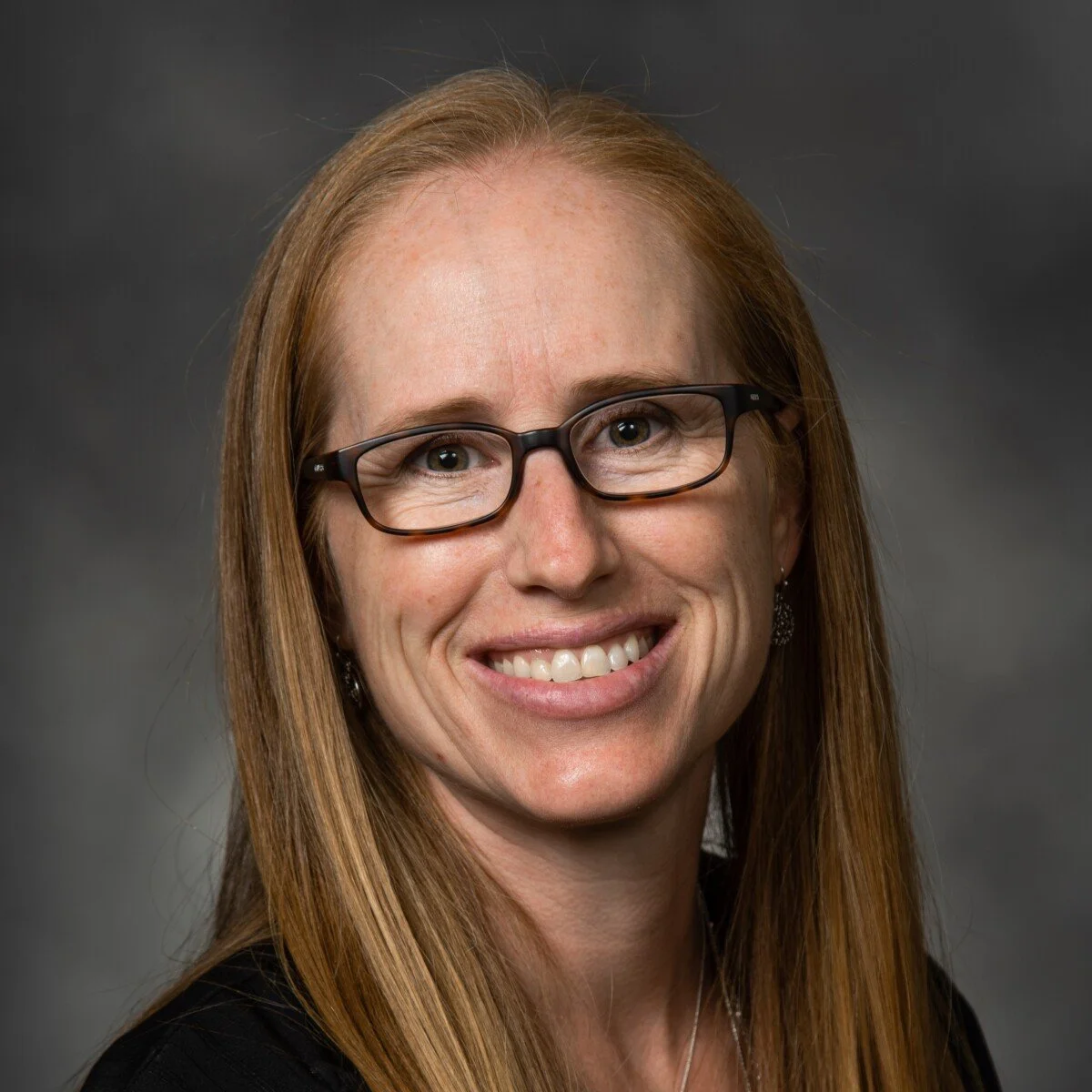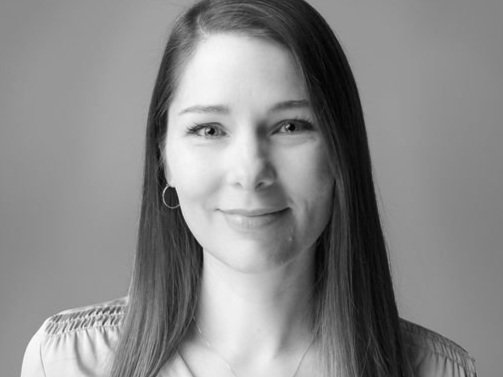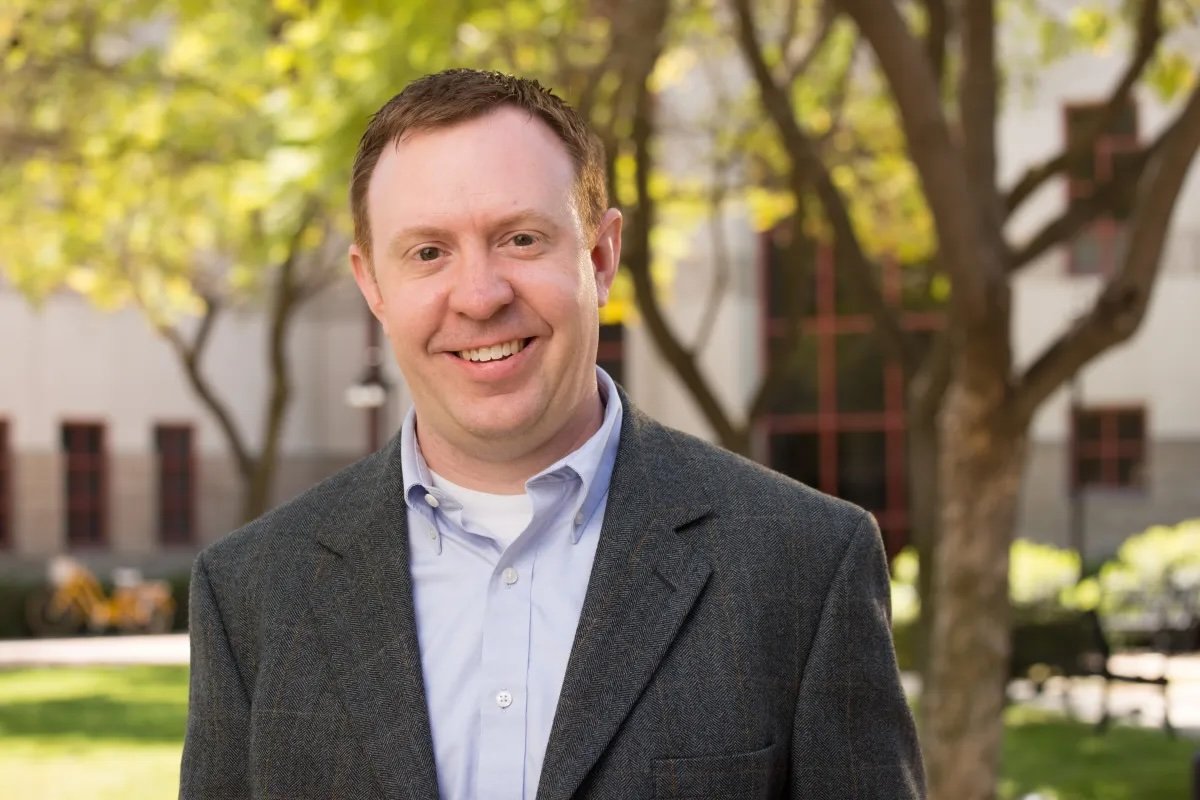
Adam Miller
Professor Miller’s presentation will be entitled “God Against the Algorithm: On the Spiritual Importance of Boredom.”

Paul Reeve
W. Paul Reeve is the Simmons Chair of Mormon Studies and former chair of the History Department at the University of Utah where he teaches courses on Utah history, Mormon history, and the history of the U.S. West. His book, Religion of a Different Color: Race and the Mormon Struggle for Whiteness, (Oxford, 2015) received three best book awards. He is the recipient of the Utah Council for the Social Studies’ University Teacher of the Year award, the University of Utah’s Early Career Teaching Award, and the College of Humanities’ Ramona W. Cannon Award for Teaching Excellence in the Humanities. He is author of Let’s Talk About Race and Priesthood, published by Deseret Book in 2023 with a foreword by Darius Gray. He is Project Manager and General Editor of an award-winning digital database, Century of Black Mormons, designed to name and identify all known Black Latter-day Saints baptized into the faith between 1830 and 1930. The database is live at www.CenturyofBlackMormons.org. With Christopher Rich Jr., and LaJean Purcell Carruth, he is the author of This Abominable Slavery: Race, Religion, and the Battle over Human Bondage in Antebellum Utah (Oxford, 2024).

Jamie Jensen
Dr. Jamie Jensen is a Professor in the Department of Biology at BYU. She is a discipline-based education researcher with dual expertise in biology, and educational psychology and pedagogy. Her research foci include improving biology teaching through the use of evidence-based instructional practices and overcoming barriers at the intersection of science and religion through effective science communication strategies. Additionally, as a member of the Broader Social Impacts Committee of the Human Origins Project at the Smithsonian’s National Museum of Natural History, she works with scientists from a variety of religious denominations to help the public feel more comfortable with human evolution. She is also currently the President of the Society for the Advancement of Biology Education Research. But her most important job is being a wife to a spectacular man and a mother to four handsome young men.

Matt Harris
New Insights into the Life and Ministry of Mormon Apostle Hugh B. Brown
Hugh Brown is known in the church today as the “liberal apostle.” It was a title he proudly embraced. He often boasted that he was the only liberal Democrat in a church hierarchy dominated by conservative Republicans. And he frequently reminded people that he was a Canadian in a church hierarchy governed by men from the American West. Yet his outsider status proved to be an albatross that plagued him throughout his ministry. He saw the church so differently from his colleagues, and he wasn’t afraid to resist doctrines and policies that he thought lacked common sense or contradicted scripture. For example, during his tenure in the First Presidency, he pushed to end the church’s priesthood and temple ban, which barred Black men from the priesthood and Black families from the sacred rituals of Mormon temples. He lobbied for civil rights when church leaders preferred to remain silent. He championed the rights of immigrants and refugees when his colleagues ignored them. He read—and encouraged members to read—a liberal Mormon journal called Dialogue his colleagues deemed subversive. And he railed relentlessly against right-wing extremism, which had begun to permeate the church.
This presentation will explore four pivotal episodes in President Brown's ministry that defined and shaped his life. The first is polygamy—how it governed his marriage to Zina Card Brown and how then-church president Heber J. Grant used Brown to fight it. The second is why Brown was called as an apostle so late in life (he was 78) when it was prophesied that he would become a member of the Quorum of the Twelve as a young man. The third is how his liberal activism defined his tenure in the First Presidency. And fourth, I will offer summary thoughts about why Hugh Brown matters today. How should Latter-day Saints view him? What lasting contribution did he make to the church?

Matt Harris
How President Spencer W. Kimball Lifted the Priesthood and Temple Ban and made the Church a Global Religion
Spencer W. Kimball once put a big question mark next to a verse in the Bible where it says that God put a curse on Black people. Kimball's question mark seemed to suggest that he didn't agree with it, and in hundreds of pages of correspondence with church leaders and family members he never once mentioned that Black people bore a divine curse. As then-apostle Kimball visited stake conferences in South America in the 1960s, a startling realization came over him, which is that the priesthood and temple ban was preventing the church from globalizing. To that end, he supported Hugh B. Brown's efforts to lift the ban in 1969 and ordain a Black man to the Melchizedek Priesthood. When Kimball became the church president in 1973, he spent many hours in the Salt Lake Temple praying for guidance about the ban, but it wasn't in the traditional way one might expect. He wasn't asking God if the ban should be lifted; he was asking God to soften the hearts of the Brethren so that they could see the wisdom in lifting it.
This presentation will explore how President Kimball achieved a consensus among the Brethren to end the 126-year-old priesthood and temple ban and how it was messaged to the church. I will also explore the stormy aftermath of Kimball's revelation when the Brethren failed to repudiate the doctrinal rationales that had fueled the ban. And finally, I will offer some summary remarks of where I think the church is today with respect to race and priesthood.

Rosalynde Frandsen Welch
Seven Visions of Christ in the Doctrine and Covenants
One way to understand the Doctrine and Covenants is Joseph Smith's quest to see the face of Christ and to share that vision with his people. Seven pivotal revelations show us how Joseph achieved that vision, what he came to know of the Savior, and how we too can learn to see and know Christ. For Joseph, deep and collaborative study of the scriptures was the portal to visionary experience. Learning how and why to approach scripture like Joseph did can reinvigorate our own study and show us Christ in new ways.

Joseph Spencer
When Nibley met the Temple
Hugh Nibley remains a towering influence in the intellectual culture of the Latter-day Saints, but little work has been done to put his thinking in context. He was and is known as a defender of the faith, and his interest in Latter-day Saint temple ritual is notorious, but what originally prompted his lifelong pursuit of understanding the idea of the temple? In this talk, I will investigate both the academic context out of which Nibley's interest was born and the Latter-day Saint theological context to which Nibley brought that interest between the late 1930s and the middle 1960s. The story is one of maverick methods and political cynicism, dawning apologetic possibilities and novel theologies. Above all, the story is one that might reveal the twenty-first-century relevance of a thinker who is now often taken to be a relic from a past age.

Margaret Olsen Hemming
Liberation Theology and the Book of Mormon: A Gospel for the Least of These
This presentation introduces key concepts of liberation theology, emphasizing its focus on God's preferential option for the poor and marginalized. Drawing on the works of Christian theologians such as Miguel de la Torre and Delores Williams, we will explore how this work challenges dominant theological narratives by centering the experiences of the oppressed. We will then turn to The Book of Mormon for the Least of These, a commentary series that examines the Book of Mormon’s engagement with issues of racism, sexual violence, economic inequality, and war. By reading the text through a liberationist lens, we will consider how the Book of Mormon offers a prophetic critique of systemic injustice and calls readers to a faith that actively resists oppression and fosters collective liberation. Finally, we will do some interactive work together in reading and rereading Book of Mormon text to see what messages we can uncover.

Esther Hi'ilani Candari
As a fine artist who often focuses on the intersection of gender, race, and religion in my work, I have spent most of my professional life considering and researching the implications of how we do or do not represent God, Christ, and other sacred and revered beings in Latter Day Saint, and broader Christian culture. The advent of AI image generation has added a layer of complexity to this conversation by highlighting and amplifying the biases in our current canon of images and by sparking questions about the role of authorship in religious imagery.

Ben Spackman
Genesis in the Twentieth Century: The Church, Creation, and Evolution
During the twentieth century, scientific discoveries, synthesis, and mutual reinforcement between scientific fields led to biological evolution's widespread acceptance among scientists, including LDS scientists. Similarly, due to new discoveries and maturing analysis, biblical scholars across differing religious commitments— including some inerrantist evangelicals— came to understand Genesis in such a way that it offered no opposition to biological evolution. During this same time period, as Latter-day Saints gained highly competent scholars in both science and scripture, the Church moved from a position of wary openness to evolution to a semi-official rejection of it and embrace of creationism.

Ben Spackman
Genesis in the Nineteenth Century: Joseph Smith and the Double-Creation Problem
The first chapters of Genesis confront the reader with not one but two creation stories which are inconsistent with each other. Combining intellectual work with revelation, Joseph Smith provided successively better solutions to this problem, first in the Book of Moses, then the Book of Abraham, finally solving it in the Temple liturgy. Understanding this history illustrates both how divine inspiration works with human intellect in a composite process of progress, and how questions and problems may serve as catalysts to revelation.

Deidre Nicole Green
Prepared from the Foundation of the World: Book of Mormon Insights on the Atonement of Jesus Christ

We’re building
something cool.
Want to help?
Are you interested in helping us recruit stellar speakers? Or are you comfortable marketing events? Do you have an accounting background? Can you make amazing seven-layer bars? Please consider joining the LDSSC and pitching in!